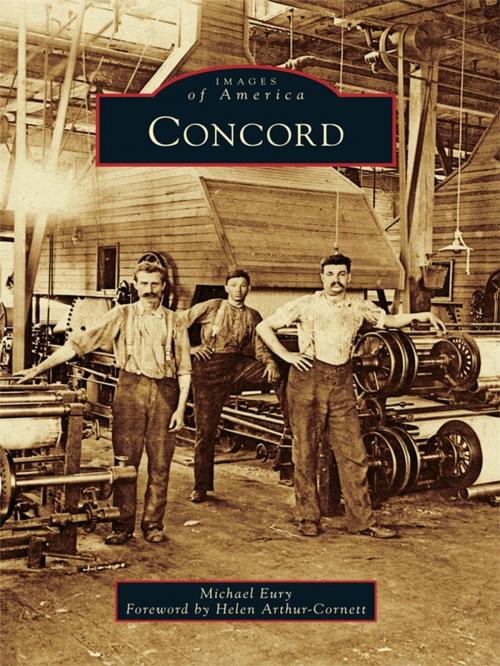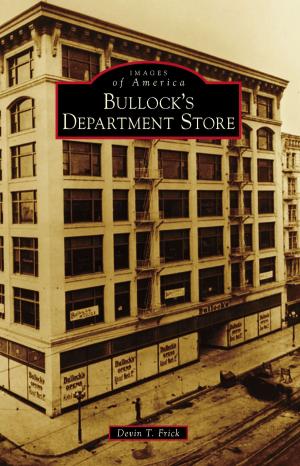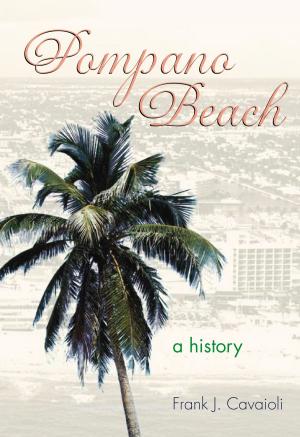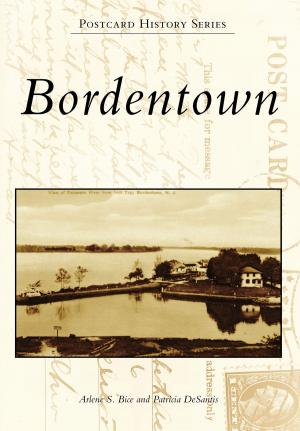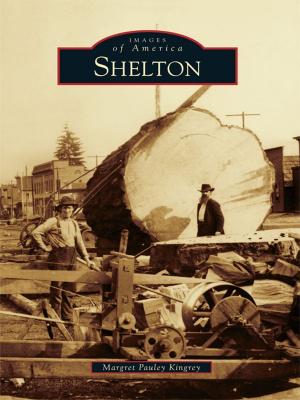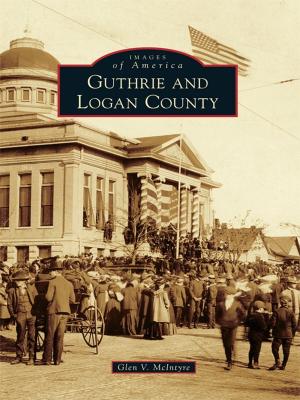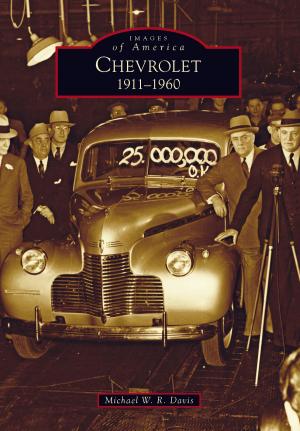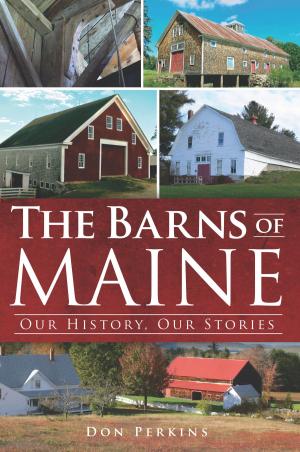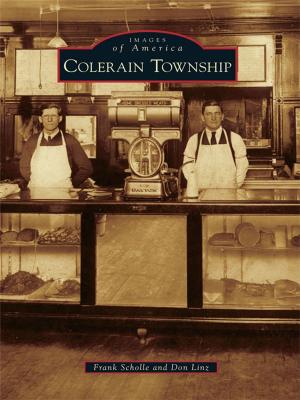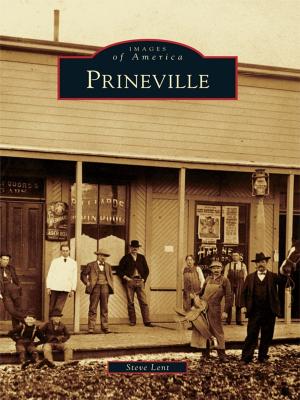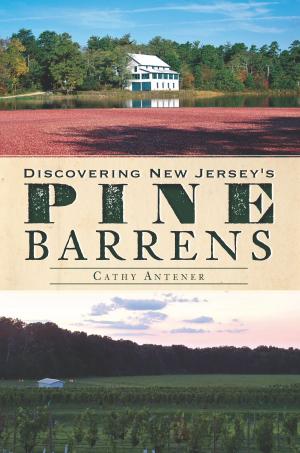| Author: | Michael Eury | ISBN: | 9781439626719 |
| Publisher: | Arcadia Publishing Inc. | Publication: | March 14, 2011 |
| Imprint: | Arcadia Publishing | Language: | English |
| Author: | Michael Eury |
| ISBN: | 9781439626719 |
| Publisher: | Arcadia Publishing Inc. |
| Publication: | March 14, 2011 |
| Imprint: | Arcadia Publishing |
| Language: | English |
When state legislator Stephen Cabarrus sought a compromise between quarreling Scotch-Irish and German settlers over the location of Cabarrus County�s seat, his appeal led to a �concord� that gave birth to one of North Carolina�s most charming cities. Not long after its 1796 founding, Concord began a transformation from an agricultural community into a textile-manufacturing mecca as captains of industry built empires exploiting the cotton that so abundantly sprouted from the region�s fruitful soil. By the advent of the 1900s, textiles� prosperity encouraged an architectural renaissance within Concord�s downtown, where the stately buildings, churches, and residences still stand today. While the cotton mills that made Concord famous are no more, the city has transitioned into a fast-paced motorsports center and the home of North Carolina�s most popular tourist destination, Concord Mills shopping mall.
When state legislator Stephen Cabarrus sought a compromise between quarreling Scotch-Irish and German settlers over the location of Cabarrus County�s seat, his appeal led to a �concord� that gave birth to one of North Carolina�s most charming cities. Not long after its 1796 founding, Concord began a transformation from an agricultural community into a textile-manufacturing mecca as captains of industry built empires exploiting the cotton that so abundantly sprouted from the region�s fruitful soil. By the advent of the 1900s, textiles� prosperity encouraged an architectural renaissance within Concord�s downtown, where the stately buildings, churches, and residences still stand today. While the cotton mills that made Concord famous are no more, the city has transitioned into a fast-paced motorsports center and the home of North Carolina�s most popular tourist destination, Concord Mills shopping mall.
